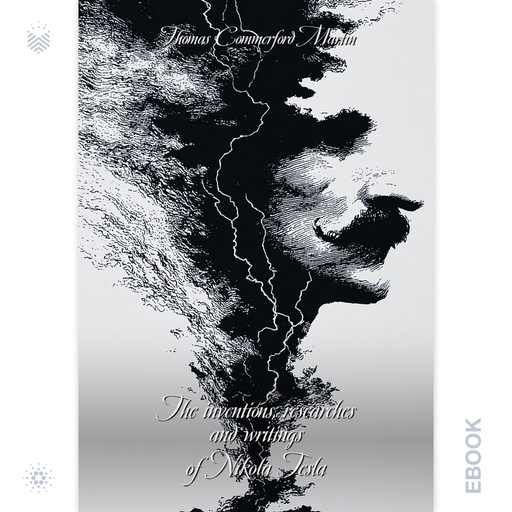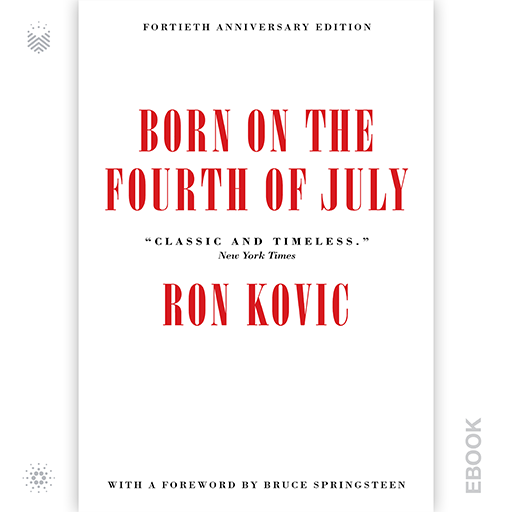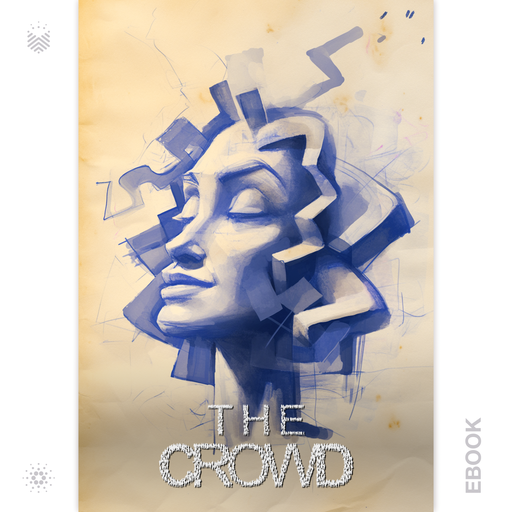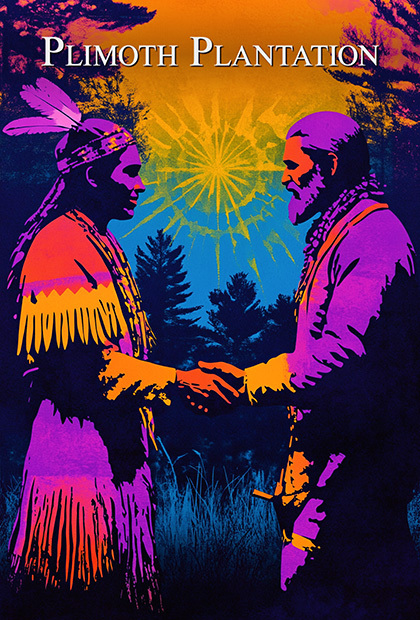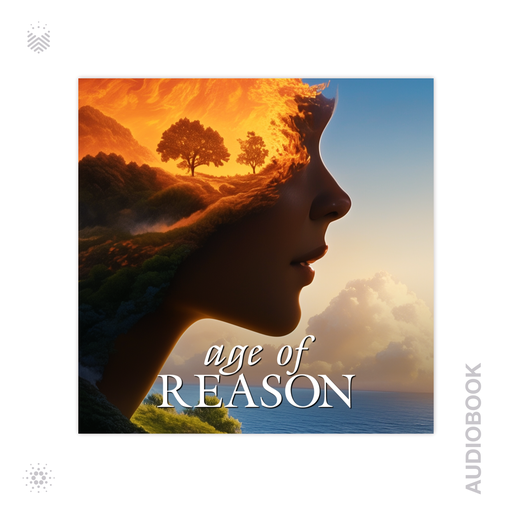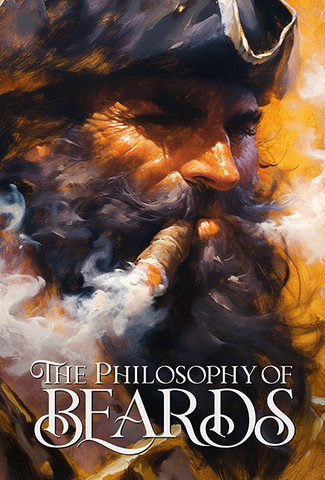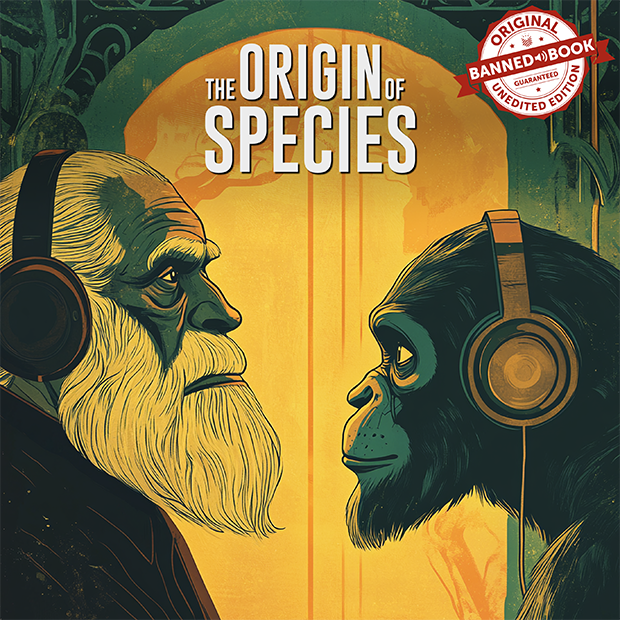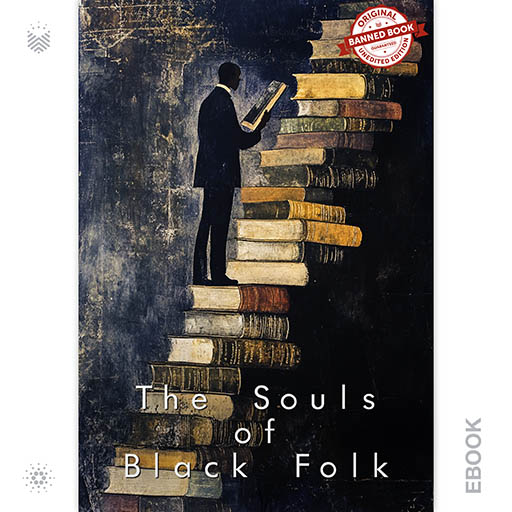by Benjamin Sacks
The Story of Chanukah recounts the dramatic origins of the Jewish Festival of Lights through a vivid historical narrative. Benjamin Sacks presents how, under the oppressive rule of Antiochus IV and the ensuing struggle led by Mattathias and his sons—most famously Judas Maccabeus—the Jewish people reclaimed their right to worship freely and restored the desecrated Temple in Jerusalem. This work connects the courageous military struggle and the miracle of the menorah’s oil to the enduring tr… Read More
by S. Baring-Gould
In Book of WereWolves, Baring‑Gould journeys across centuries and continents to unmask the legend of the werewolf, weaving together ancient myths, medieval trials and folk‑belief into a survey of one of humanity’s darkest superstitions.
Read More
by Thomas Commerford Martin
The Inventions, Researches and Writings of Nikola Tesla by Thomas Commerford Martin presents a remarkable account of Tesla’s pioneering contributions to science and technology. First published in 1894, this book captures Tesla’s revolutionary experiments and visionary ideas at a time when electricity and wireless transmission were transforming the modern world.
Read More
by K. K. Kaafir
Culture Wars: A Provocative Journey Through the Fractures of Our Time
In a world more divided than ever, where every headline, tweet, and conversation feels like a battleground, Culture Wars offers a fearless exploration of the forces tearing at the fabric of society—and the path to understanding what’s at stake.
Read More
by Ron Kovic
With a new foreword by Bruce Springsteen.
This New York Times best seller (more than one million copies sold), presented here in a special fortieth-anniversary edition with a brand-new foreword by Bruce Springsteen, details the author’s life story (portrayed by Tom Cruise in the Oliver Stone film)—from a patriotic soldier in Vietnam, to his severe battlefield injury, to his role as the country’s most outspoken anti–Vietnam War advocate, spreading his message from his wheelchair.
… Read More
by Jacob Abbott
Jacob Abbott’s Hannibal provides an engaging look into the life of one of history’s most brilliant military leaders. The book follows Hannibal from his youth in Carthage through his legendary campaigns against Rome, including his astonishing march across the Alps. Abbott brings Hannibal’s courage, intelligence, and determination into focus, showing how his leadership influenced the course of ancient warfare.
… Read More
by Gustave Le Bon
Gustave Le Bon’s The Crowd: A Study of the Popular Mind is a groundbreaking exploration of collective behavior and its psychological underpinnings. This influential work examines how individuals transform within crowds, revealing the dynamics that drive mass movements and societal shifts.
Read More
by Sun Tzu
Sun Tzu’s The Art of War is a timeless masterpiece on strategy, leadership, and conflict resolution. Revered by military leaders, business professionals, and strategists worldwide, this ancient text offers profound insights into the dynamics of competition and success.
Read More
by Marco Polo, Rusticiano da Pisa
Step into the medieval world with The Travels of Marco Polo — Volume 1 & 2, a collaborative masterpiece by Marco Polo and Rusticiano da Pisa. This remarkable narrative brings to life the vast and diverse lands of Asia, as seen through Marco Polo’s adventurous eyes and Rusticiano’s vivid prose.
Read More
by Helen Hunt Jackson
Helen Hunt Jackson’s A Century of Dishonor stands as a powerful indictment of the U.S. government’s mistreatment of Native American tribes. With unwavering resolve, Jackson exposes the injustices faced by Indigenous peoples, urging readers to confront the moral consequences of broken treaties and systemic oppression.
Read More
by William Bradford
William Bradford’s Plimoth Plantation is a foundational text of American history, offering an unparalleled glimpse into the struggles, faith, and perseverance of the Pilgrims.
Read More
by Thomas Paine
The Age of Reason by Thomas Paine grabs readers with a bold proposition: can faith be reconciled with logic and reason, or must it be confined to blind tradition? Paine, a staunch advocate for deism, launches a thorough critique of organized religion, arguing that belief in God should come from reasoned thought and observation of nature, not from ancient scriptures or church doctrines.
Read More
by William Sharp McKechnie
Magna Carta: A Commentary on the Great Charter of King John offers readers a deep and detailed examination of one of the most pivotal documents in history. McKechnie’s work brings the Magna Carta to life, exploring its legal implications, historical context, and lasting influence on democratic principles worldwide.
Read More
by Alexis de Tocqueville
With remarkable insight and foresight, Democracy in America — Volume 1 by Alexis de Tocqueville examines the young United States, offering timeless reflections on democracy’s strengths and challenges. Published in 1835, this classic explores American society, political systems, and the values that underpin democracy, capturing Tocqueville’s observations during his travels through the country.
… Read More
by Ida Husted Harper
In a stirring tribute to one of America’s most tenacious activists, The Life and Work of Susan B. Anthony by Ida Husted Harper chronicles the relentless dedication of Susan B. Anthony to women’s rights and social reform. Harper’s detailed account brings Anthony’s lifelong fight for equality to vivid life, capturing the spirit of the movement she led.
Read More
by Ruth Edna Kelley
In the shadow of flickering jack-o’-lanterns and swirling autumn leaves, The Book of Hallowe’en by Ruth Edna Kelley invites readers into the rich tapestry of Halloween’s history and traditions, revealing the enchanting origins behind the eerie festivities.
Read More
by Jacob Abbott
Jacob Abbott’s Genghis Khan presents an engaging portrait of one of history’s most enigmatic and influential figures. Through Abbott’s vivid storytelling, readers journey into the life of Genghis Khan, a man who rose from humble beginnings to unite the Mongol tribes and establish one of the largest empires in history. Abbott’s narrative captivates with its blend of historical facts and dramatic elements, making Genghis Khan’s story both informative and entertaining.
… Read More
by Thomas S. Gowing
The Philosophy of Beards by Thomas S. Gowing is a whimsical exploration of facial hair that transcends mere grooming advice to delve into the deeper cultural and philosophical significance of the beard. Gowing, a Victorian-era advocate for the beard, presents a spirited defense of facial hair as a symbol of masculinity, intellect, and individuality. Through witty anecdotes and historical anecdotes, Gowing celebrates the beard as a timeless symbol of rebellion against societal norms and a reflect… Read More
by Charles Darwin
The Origin of Species, also known as The Origin of Species by Means of Natural Selection, shook the foundations of science and society when Charles Darwin unveiled his revolutionary theory of evolution. In this groundbreaking work, Darwin presented the idea that species evolve over time through natural selection, where individuals with the strongest traits pass those traits down to future generations. This concept transformed our understanding of life on Earth and sparked debates that continue t… Read More
by Thomas S. Kidd
In this combined edition, the full content of volumes 1 and 2 of Thomas Kidd’s American History are brought together in a single, accessible textbook. This sweeping narrative spans the full scope of American history from the first Native American societies to the political and cultural struggles of contemporary times.
by W. E. B. Du Bois
The Souls of Black Folk by W.E.B. Du Bois, first published in 1903, is a seminal work in African American literature and sociology. Through a series of essays, Du Bois explores the profound impact of racism on the lives of Black Americans in the post-Civil War era. He introduces the concept of “double consciousness,” describing the internal conflict experienced by Black people who are forced to see themselves through the eyes of a racist society. The book delves into the history of A… Read More
by Adam Smith
“The Wealth of Nations” by Adam Smith revolutionized economic thought and remains a cornerstone of modern economics. In this seminal work, Smith explores the principles of capitalism, arguing that free markets, competition, and self-interest drive economic prosperity. Smith’s insights into the division of labor, the invisible hand of the market, and the role of government intervention continue to shape economic policy and theory to this day.
… Read More
by Leonardo da Vinci
Rare Evo Exclusive
The Notebooks of Leonardo da Vinci unlocks the mind of a genius, revealing a treasure trove of sketches and ideas that blend art and science in groundbreaking ways.
Read More
The Hebrew Tanakh represents the foundational religious and historical text for Judaism. It serves as a source of religious guidance, law, and inspiration for Jewish communities around the world.
Read More



